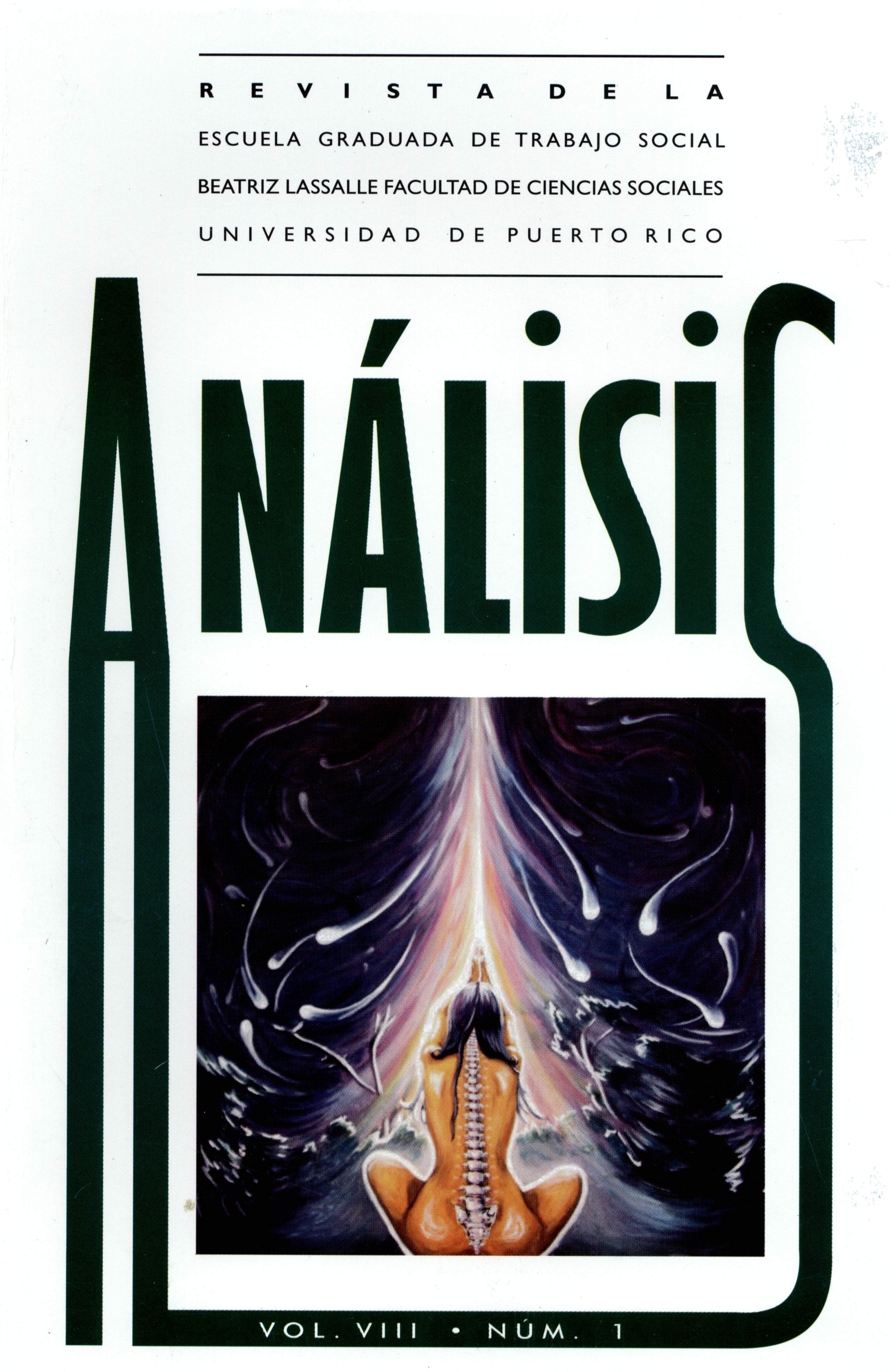Abstract
A social and historical analysis of the family from acritical perspective. Address the constructional, dynamic and morfogenic character of the family and argues that its configuration emerges from the rationality of the social context where it develops. Thus, the social and historical contingencies constitute the flesh that shapes the family as an institution, and the concrete conditions of existence that faces each particular family bring about the differential modulation of family relations, structures, practices and discourses. Within this framework we must reject the idea of the family as the sole responsible agent of everything good or bad (social problems) that takes place in society, but rather as another dimension where social problems are palpable. The family and its contingency constitute and inseparable unit of analysis. Theoretical and methodological implications of this analysis for an emancipatory social work practice are presented and include: the rejection of static models of the family, the need for the redefmition of the family that provides for diverse structures across the life span, an ethical political approach within a human rights focus, and the critical review of the intervention models.Downloads
Download data is not yet available.

